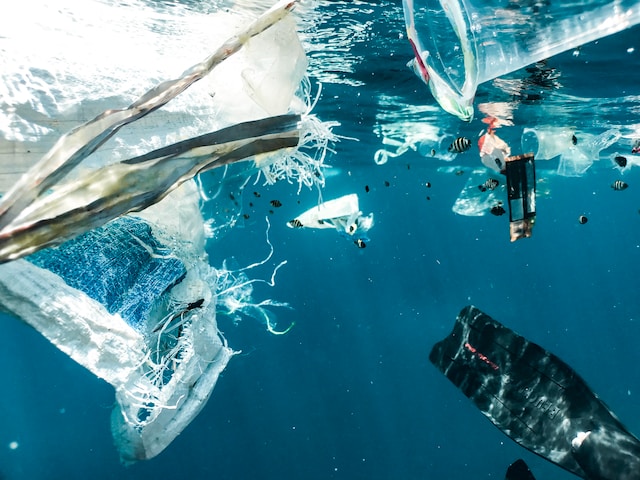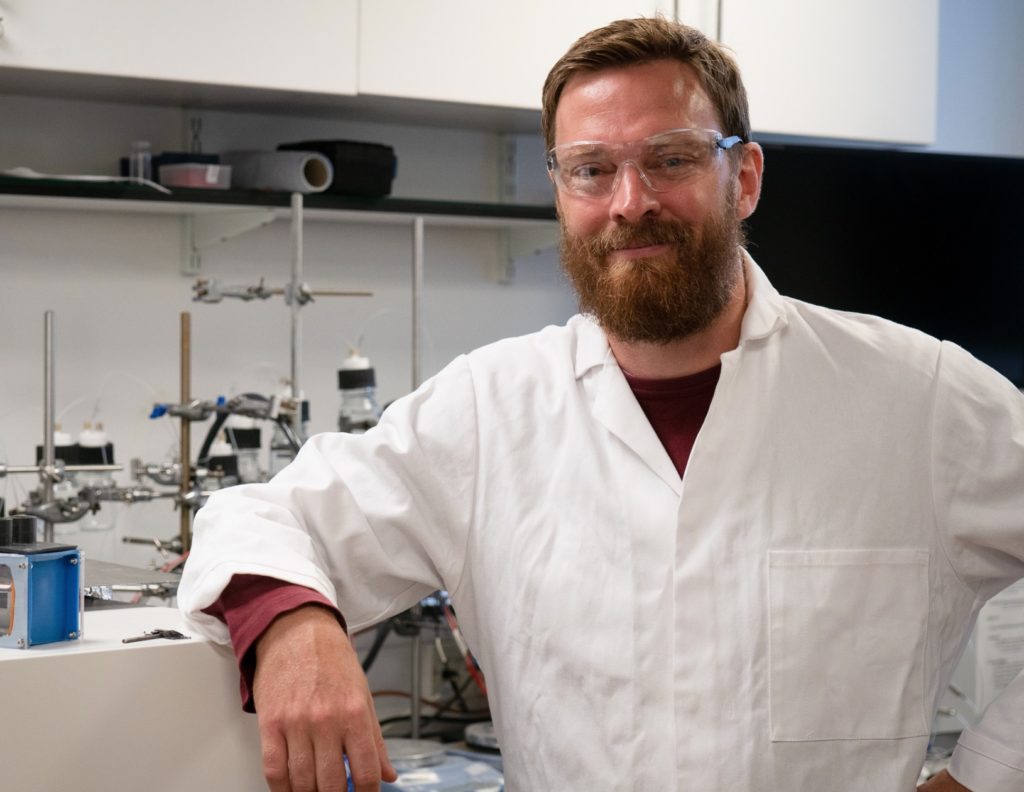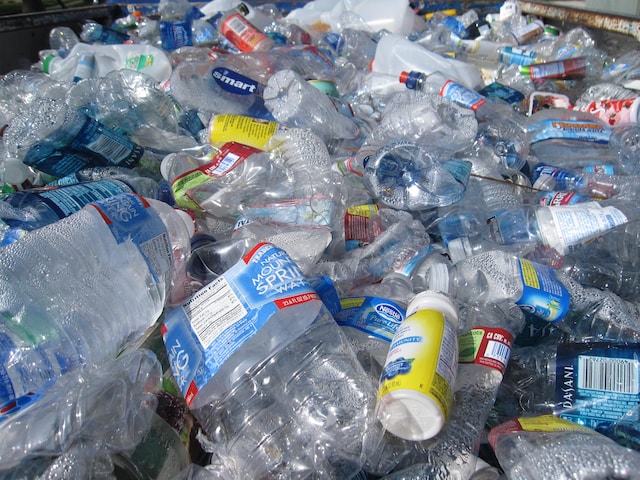Cover photo by tanvi sharma on Unsplash
Today’s Focus of Attention is reader-supported. We sometimes include products we think are useful for our readers. If you buy through links on this page, we may earn a small commission.
Plastics are made from fossil fuels and are created to last. They have strong chemical bonds that nature takes hundreds, if not thousands, of years to decompose.
Those in favour of reusing plastics are working hard to find the top strategy to break those bonds and reclaim those precious resources locked into plastic.

Mechanical recycling is lengthy and not effective to reach this goal. The chemical twin, with additives to alter the structure of plastics, is costly.
Here’s where a new form of recycling comes into the picture.
Transforming plastics into fuel

Professor Erwin Reisner and his team from the University of Cambridge have developed a process that can transform plastics and CO2 into two chemical products using the same method.
Reisner said, “Effectively, plastic is another form of fossil fuel. It’s rich in energy and in chemical composition, which we want to unlock.”
What makes this process unique is that sunlight is the only source of power.
“Reactions run automatically when you expose it to sunlight. You don’t need anything else,” he said.
The method works by integrating catalysts into a light absorber and operates at room temperature and room pressure.
This new technology transforms CO2 and plastics into ‘syngas’, a key component of clean fuels such as hydrogen. Over 600 million metric tonnes are produced every year, mainly from oil and gas.
“If we can make syngas,” he said, “we can access almost all the petrochemical industry and make it sustainable.”
Another by-product of this technique is glycolic acid, popular in the cosmetics business.
An added advantage to this approach is its zero harmful waste. The chemistry is completely clean.
There are other similar solar-powered technologies for tackling plastic pollution and CO2 conversion, but Reisner’s method is the first to mix both in a single shot.
“Combining the two means we add value to the process. We now have four value streams: the mitigation of plastic waste, the mitigation of CO2, and the production of two valuable chemicals. We hope this will bring us closer to commercialisation.”
The elements in plastics, when broken down, can be remade into plenty of new products, including detergents, paints, solvents, and biodegradable compounds for biomedical applications.
Professor Reisner said that their system also treats unrecyclable plastics.
“Usually, plastic contaminated with food waste goes into incineration, but this plastic is really good for us. In fact, food is a good substrate, so it makes our process work better,” he noted.
Regarding commercialisation, Reisner and his team are taking that road step by step.
Their plan is to have the system ready over the next five years to produce other complex products, hoping this technology could help develop a full-blown solar-powered recycling plant.
Bacteria to decompose plastics

Another way to degrade plastics is through bacteria.
Dr Victoria Bremmer, senior research fellow at the University of Portsmouth, said that there were bacteria with enzymes designed to break polymers down.
“We can tweak these enzymes by changing the structure of them very slightly –to make them go faster, make them more firm or stable.”
Bremmer, along with her team, has developed different kinds of enzymes able to decompose all types of polyethylene terephthalate (PET). Those enzymes work like the chemical recycling method.
At the same time, they are working on giving extra power to their enzymes to deal with plastic-based clothes.
Polyester made from PET is the most common clothing fibre around. But dyes and other chemical treatments in synthetic fabrics make them more resistant to enzymes, thus making the breakdown process more difficult.
“Polyester is an absolute pain. Plus, it’s very rarely just pure polyester. You find mixed fibres as well,” Bremmer stated.
The working team hopes their enzymes will reduce the PET in textiles to simple blocks, ready to be made back into new polyester.
This fresh way of treating plastics is at an early stage.
“We don’t know yet if the dyes and additives in these fabrics will inhibit the action of the enzymes on the polyester chain. Hopefully, they won’t have an impact and we can just carry on, but if they do, we can develop our enzymes further.” Bremmer said.
Conclusion
Our planet is choking on plastic.
Every year, over 400 million metric tonnes of plastic are produced, with 85% ending up in landfills, and less than a fifth recycled. And instead of showing signs of decrease, production is projected to nearly triple by 2060.
In my view, overconsumption is the biggest factor contributing to the plastic waste issue.
As reported by the United Nations, a million plastic bottles are bought every minute, and when they decompose, they create billions of tiny pieces that go directly into our rivers, oceans, and atmosphere.
Close to 50% of all the plastic produced worldwide is made to be used only once and then thrown away.
And this reckless consumption makes this harmful product present everywhere we look, from beaches to woods and our cities to birds, fish, and even inside our lungs.
We are breathing plastic.
Recycling is the answer for many, but I don’t believe it solves the problem, as it might grant us a licence to use more plastic and encourage overconsumption.
So, we must address our way of consuming. That’s all.


